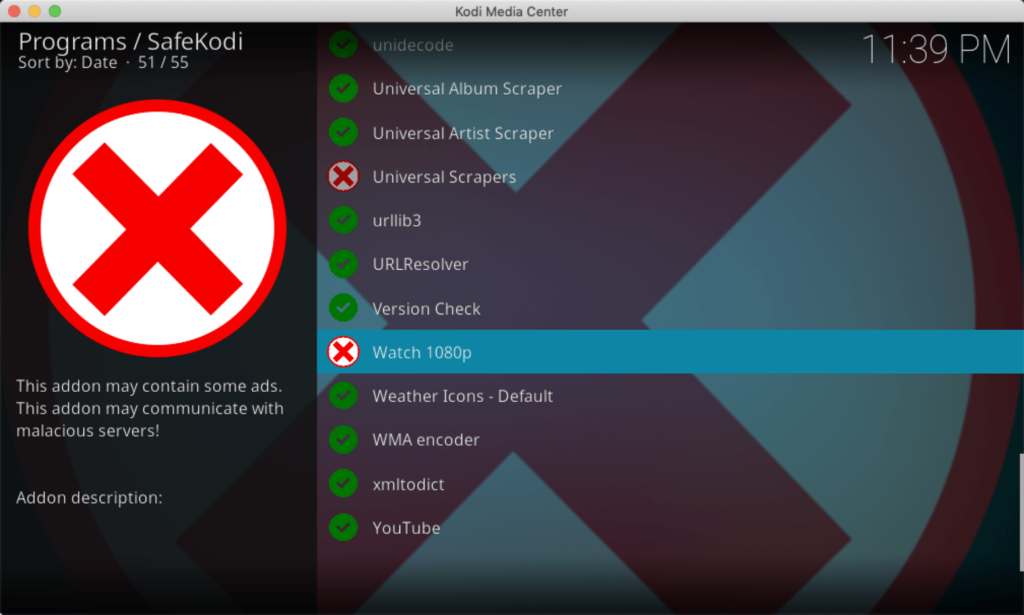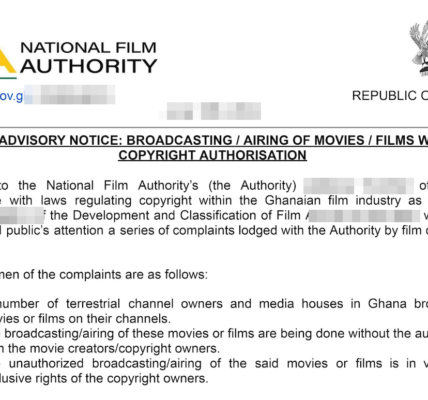The researchers from Northwestern University and Brave Software conducted a thorough investigation into potential security risks associated with third-party Kodi addons. Their findings indicate that the majority of addons are safe to use. However, a small fraction of addons are associated with malicious content, and interestingly, some of these are relatively popular.
To assist users in identifying and mitigating these risks, the researchers have developed a solution in the form of a Kodi addon. This tool aims to help users detect and avoid potentially harmful addons, thereby enhancing their overall security while using the Kodi platform.

By offering this addon, the researchers are taking proactive steps to empower Kodi users to make informed decisions and protect themselves against potential security threats. This initiative underscores the importance of addressing security concerns in digital platforms and providing users with tools to safeguard their online experiences.
The researchers from Northwestern University and Brave Software have adopted a data-driven approach to address security concerns surrounding third-party Kodi addons. Their software crawler, called ‘De-Kodi,’ scoured the web and identified tens of thousands of addons, with around 9,000 still active. Through testing, they found that the majority of these addons are safe, with only a small fraction posing potential security risks.
While most addons were found to include harmless URLs related to advertising, tracking, or Kodi’s blacklist, a handful of addons were flagged for potentially malicious activity. Notably, some of these problematic addons are among the most popular ones, highlighting the potential impact they could have on users.
To raise awareness and empower Kodi users to protect themselves, the researchers developed the ‘SafeKodi’ addon. This tool allows users to check for potential security threats on their Kodi platform, providing valuable information to help safeguard against malicious addons. By making this addon publicly available, the researchers aim to help users make informed decisions and mitigate risks associated with third-party addons.

In addition to helping the public, the public can help the researchers as well. SafeKodi allows users to flag addons they think are unsafe. In addition, it will automatically locate new and unknown addons and test these on-demand.

The researchers plan to further refine their study by leveraging user input from the SafeKodi addon. This will enable them to continually update and expand their findings, providing a more comprehensive understanding of the third-party addon ecosystem within Kodi. By incorporating user feedback, they aim to identify new addons and track changes in the Kodi landscape over time, enhancing the accuracy and relevance of their research.
In addition to analyzing potential security threats, the research also sheds light on the video sources utilized by addons. The study reveals that popular media serving domains such as GoogleVideo.com, Akamaihd.net, and Archive.org are commonly utilized by addons. While these domains host legitimate content, they are also associated with pirate services, highlighting the complex nature of the Kodi ecosystem.
The findings of the research are detailed in a paper titled “De-Kodi: Understanding the Kodi Ecosystem,” providing valuable insights into the intricacies of third-party addons within the Kodi platform.






